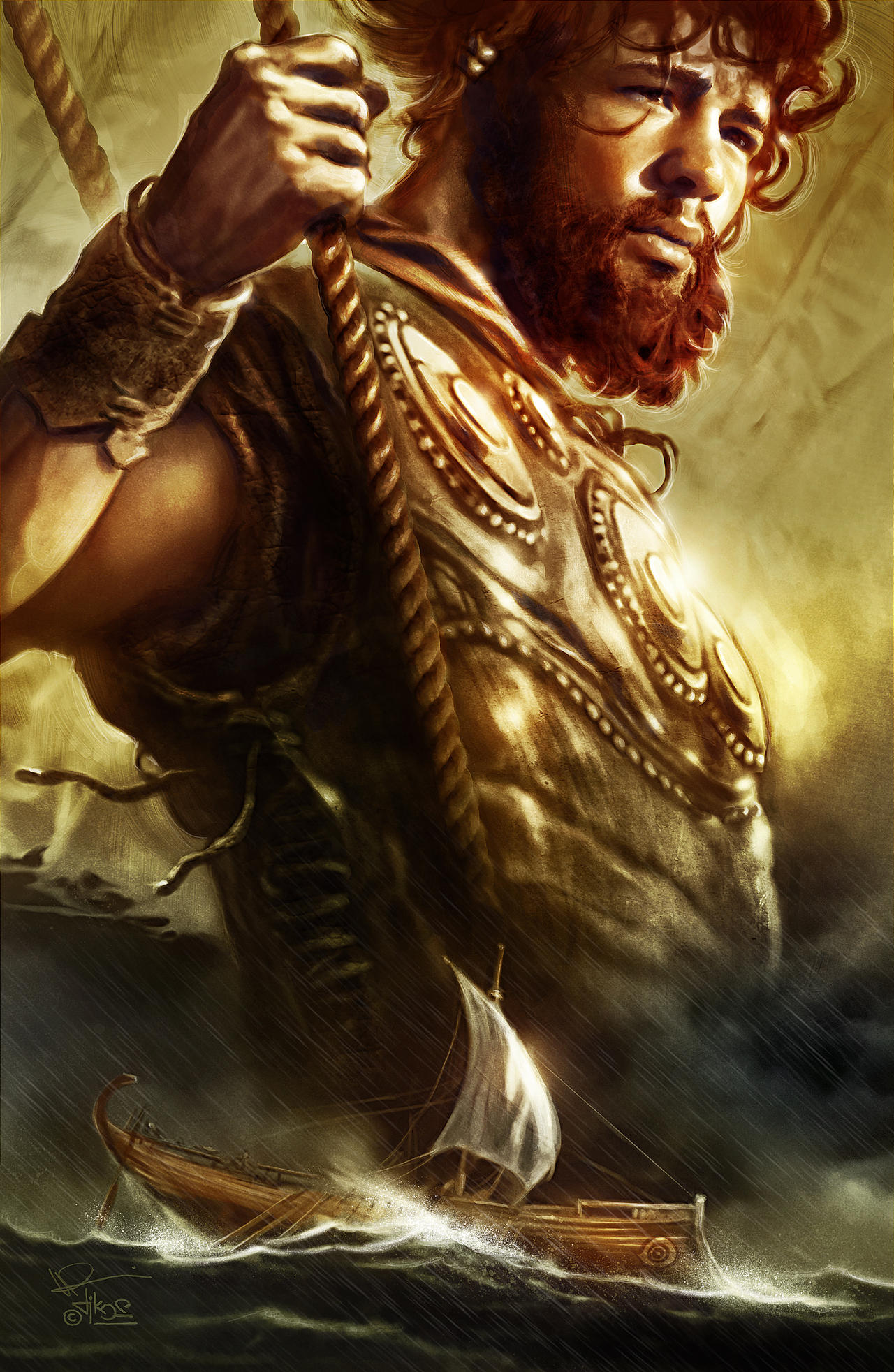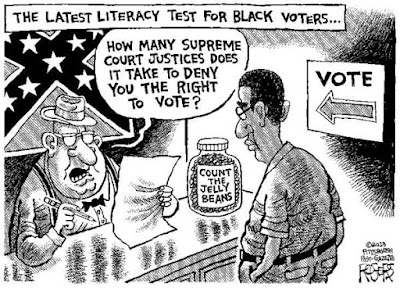The
character, Mr. Norton, shows us the mindset of the upper-class white
people. He is shown as a man who
believes he has “power of a king” or “a god” because of his influence over the
school (45). He feels bad about what his
ancestors did and feels he can make up for it in the work he does with the
school. Mr. Norton says “you are
important because if you fail I have failed,” and “I am dependent on you to
learn my fate.” After Trueblood explains
his story, Mr. Norton feels he has to pay him for revealing this scandalous secret.
These statements and actions show he
believes he is above others and how he is determined to change the fate his
ancestors created for him.
Mr.
Norton repeats the idea of the students “contribution to [his] fate” as if that
is the most important thing in his life (108).
It is interesting to see Mr. Norton’s ideas about fate and if others
really do shape his fate. If a student
fails—does that really change his fate?
Nelson Mandela’s quote, “I am the master of my fate and the captain of
my destiny”, contradicts the Norton’s ideas.
The paradox created by these statements helps reveal an important idea
in this section of the book. Does the
narrator also believe his outcome at the school will shape Norton’s fate and/or
his own? It could be argued on both
sides, that others create your fate or that you create your own fate. The narrator seems to believe he is controlling
his fate by fretting over every move he makes in the presence of Mr.
Norton. However, he also seems to think
Norton controls his fate because of his status and power he exudes.






